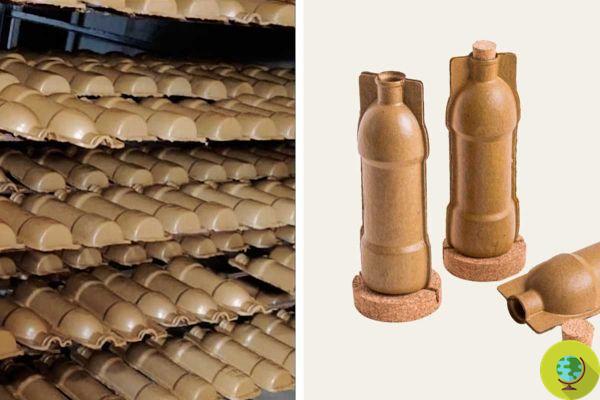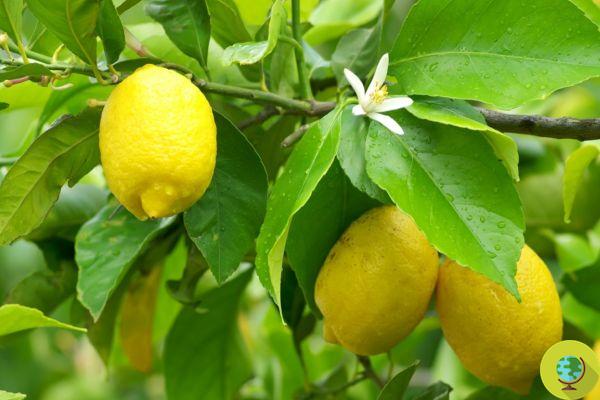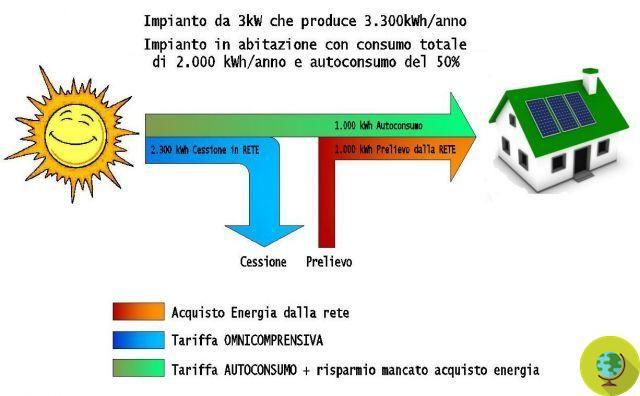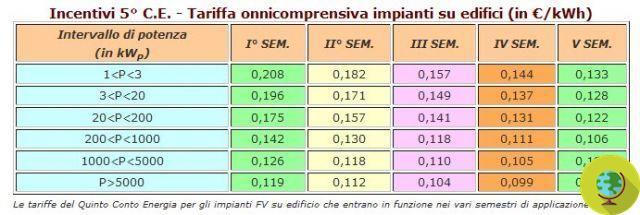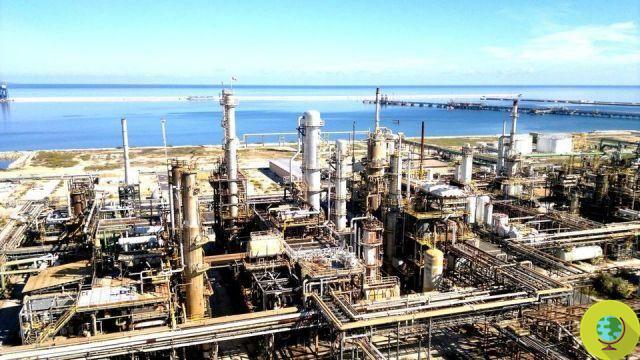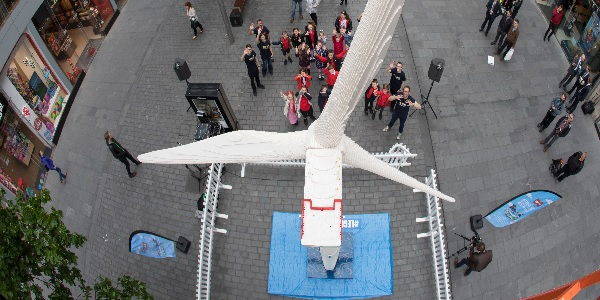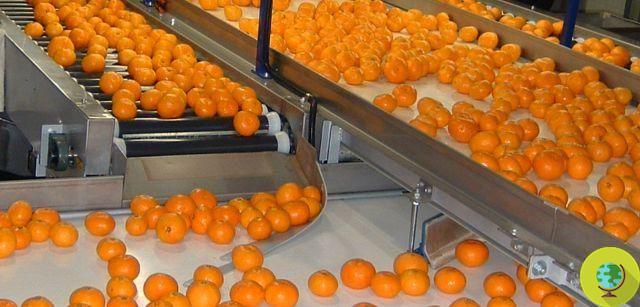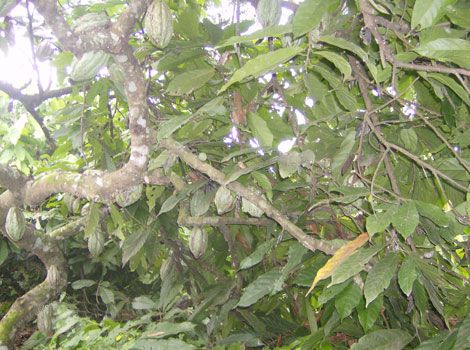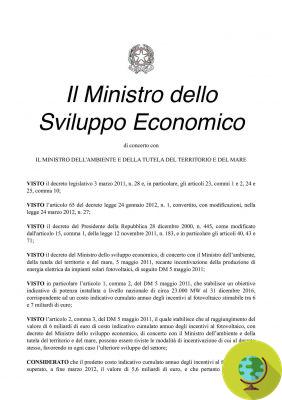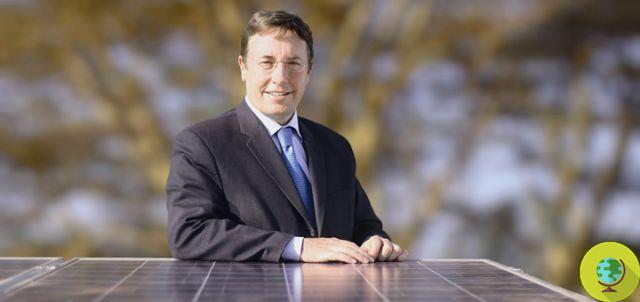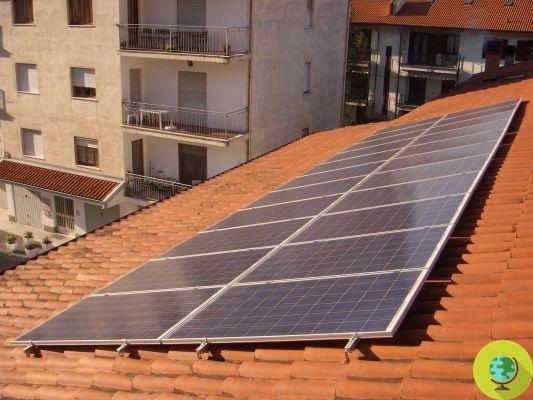
Our seas are becoming poorer every day due to excessive exploitation by man and before the marine waters are definitively transformed into a sterile habitat it is necessary to intervene immediately with serious interventions. With this objective, the European Commission last Wednesday launched a new EU policy, the Common Fisheries Policy (CFP), to manage marine resources in a more sustainable way and avoid their excessive exploitation.
He is about to end up run over, his mother saves him
I due to the excessive exploitation by man and before the marine waters are definitively transformed into a sterile habitat it is necessary to intervene immediately with serious interventions. With this aim the European Commission launched last Wednesday a new community policy, Common Fisheries Policy (CFP), to manage marine resources in a more sustainable way and avoid their excessive exploitation.
The reform attempts to fully review the entire process fisheries management in various European countries, with totally new plans capable of guaranteeing the future survival of fish species and fishermen's livelihoods, thus putting an end to the excessive exploitation and depletion of stocks.
In practice, it will tend to decentralize fisheries management - which will be based on scientific principles and in-depth knowledge of the sea - entrusting it to the regions and establishing new European and international standards.
The fundamental points of the European proposal concern long-term solutions for the sustainability of the seas, where all fish stocks are expected to be brought to sustainable levels by 2015, following the commitments undertaken by the Union at the international level.
Among the most important innovations we remember the prohibition of rejection (which consists in throwing fish caught by mistake back into the sea) which constitutes a waste of food resources and an economic loss; fishermen will then have to bring all the fish they catch ashore.
But among the innovations included in the new fisheries policy there is also one new quota regulation, which has already been discussed: operators will be able to rent or exchange quotas at national level, therefore those who have caught a quantity of fish higher than that set, can buy a quota from those who have remained below the established limit.
Cautious optimism of Slow Food: "Well with regard to the desire to ban discarding at sea, an unacceptable practice - said Silvio Greco, marine biologist and president of the Slow Fish Scientific Committee - But we note with regret, in light of the positive premises arising from the meetings with Commissioner Damanaki at Slow Fish 2011 (the Slow Food event dedicated to the fish universe that took place in Genoa on May 27-30), which is there little courage in the reform proposal, compared to a situation in the opinion of all on the brink.
With the system of transferable quotas - added Greco - we continue to persevere in the logic of encourage industrial fishing, forgetting the thousands of communities of artisanal fishing which remain the only realities of sustainable exploitation of fish resources and the safeguarding of marine-coastal ecosystems. In the reform, the three concepts of sustainability, efficiency and coherence seem to be disregarded: we are more concerned with the market than with the sea ".
Verdiana Amorosi




